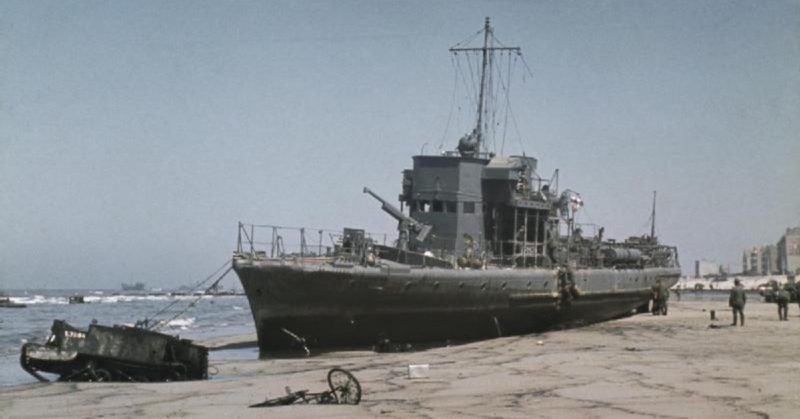Only around 7,000 troops were evacuated on the first day, but over 300,000 men were safely rescued by the eight day.
Lasting for nine days and as one of the most important Allied rescue operations, the Dunkirk Evacuation on the northern French coast succeeded in saving many soldiers from being killed or captured by the Germans during the Second World War.
In preparing for a German invasion of France, British Expeditionary Force (BEF) units were gradually deployed to France between September 1939 and late April 1940. Once the Germans attacked Belgium, the BEF, the Belgian army, and three French field armies became trapped due to the German army’s encirclement strategy.
The BEF was subsequently pushed back onto the shores of Dunkirk thanks to the efficiency of the Blitzkrieg strategy employed by the German military which sought to disorganize the Allied armies through concentrated firepower and the use of mobile forces.
It all happened too quickly after an eight-month “Phoney War” between late 1939 and 1940. France had mobilized millions of troops around its border with Germany, while the British sent the BEF to defend France. The Germans hoped to circle around France’s Maginot Line and invaded Belgium on May 10 1940.
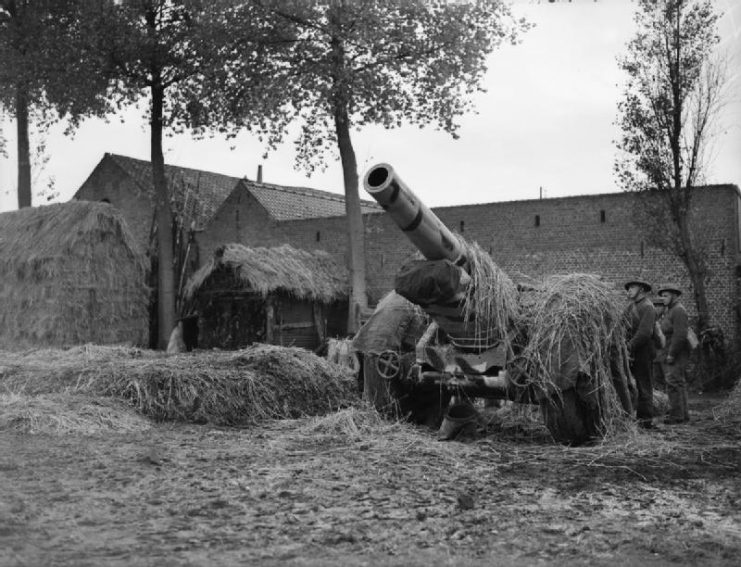
The German attack was launched in the Ardennes and then headed northwest towards the English Channel. Three German Panzerkorps quickly moved to trap the Allied armies within days.
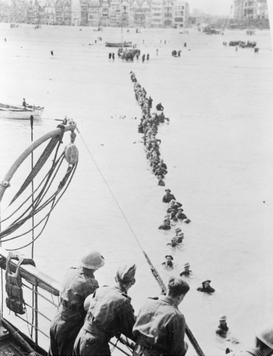
Based on Hitler’s orders, the Germans managed to encircle the BEF by May 21, 1940 along with the remaining Belgian forces and three French field Armies. Withdrawing from the European continent was the only option for these armies and so they retreated towards the closest port of Dunkirk.
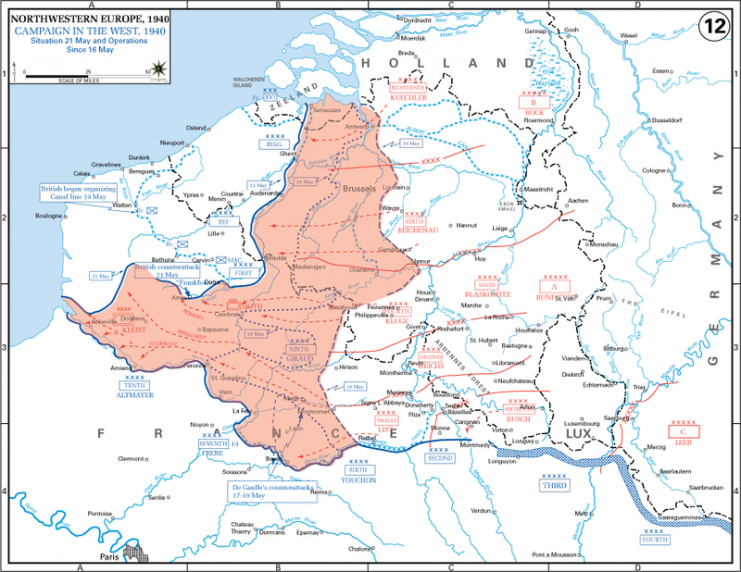
It took three days between May 23 to 26 for the Germans to receive, confirm, and approve Hitler’s order to destroy the trapped Allied troops. This gave sufficient time for the Allies to prepare their defenses and evacuate their armies.
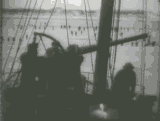
Only around 7,000 troops were evacuated on the first day, but over 300,000 men were safely rescued by the eight day.
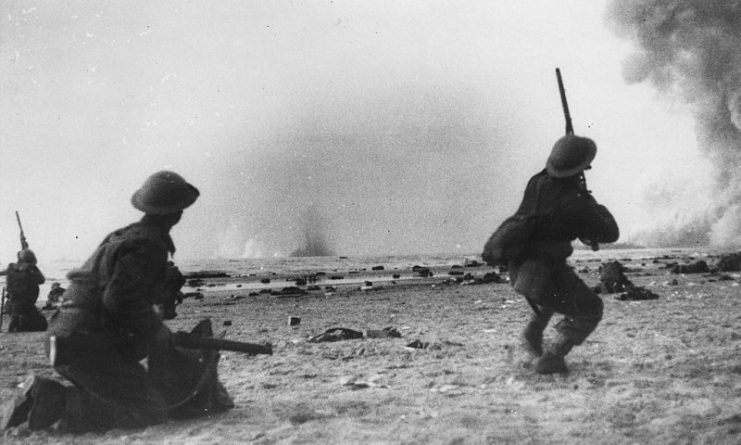
The operation was a living hell. The Luftwaffe bombed ships which blocked vital channels and docks, while the large evacuation ships were unable to enter the shallow waters. The only option left for the Allies was to ferry their troops between the beach and evacuation ships using smaller boats.
Over 700 boats were used during the evacuation, many of which were civilian vessels. The Allies used all they could to return the troops to safety using vessels ranging from fishing boats to motor yachts. Meanwhile, fear was setting in across the United Kingdom, believing that they were likely the next country to be invaded.
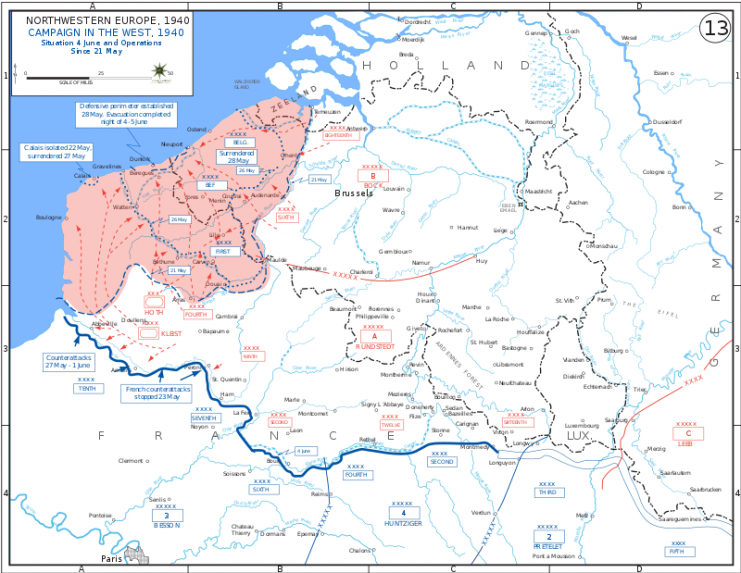
The evacuation would have been impossible if not for Allied air cover during the operation. The British hoped to ensure that as much of the BEF personnel would return safely to the United Kingdom and avoid capture.
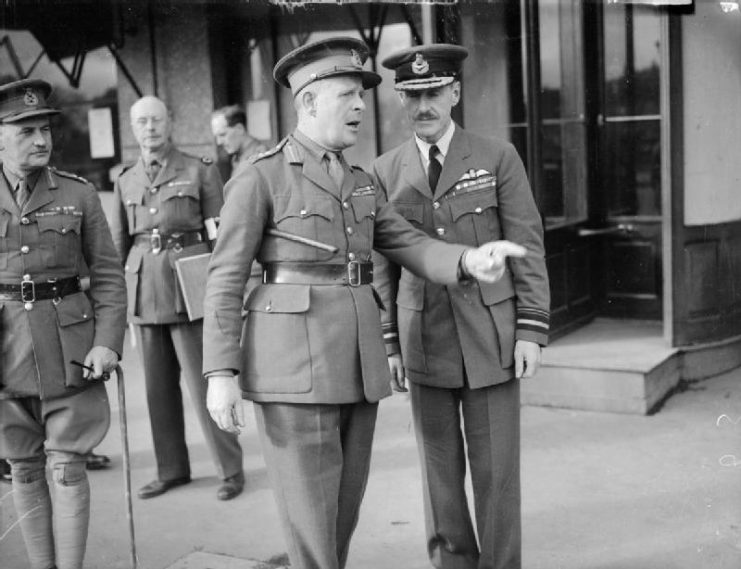
Although the evacuation was successful in that the Allies managed to save most of their troops, the battle was an abject failure for the British since they failed to protect the Low Countries or defend France. Moreover, Allied heavy artillery and vehicles were left behind, while 50,000 British troops failed to escape and over 11,000 people lost their lives.
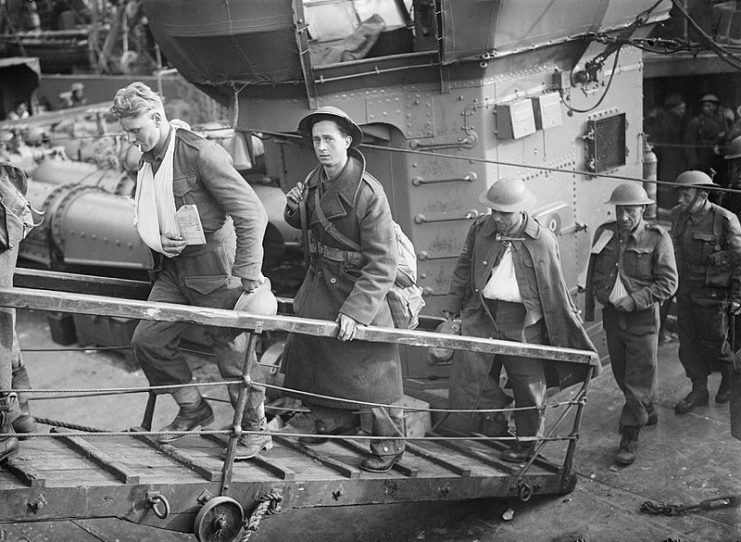
During the evacuation, the Germans began playing mind games on the Allies. In addition to bombs, the Luftwaffe also dropped leaflets that called for them to surrender since they were surrounded and had no way of retreating.
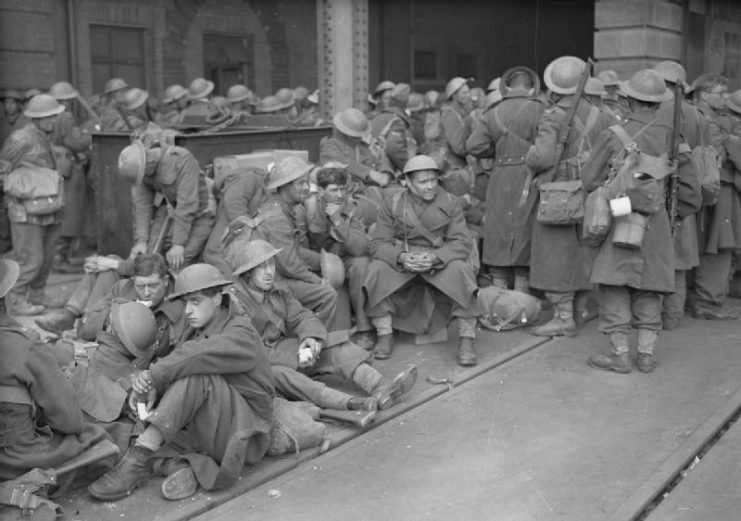
The evacuation was not as panicked as might have been expected, with the soldiers sufficiently disciplined and patient to wait for the arrival of the evacuation vessels.
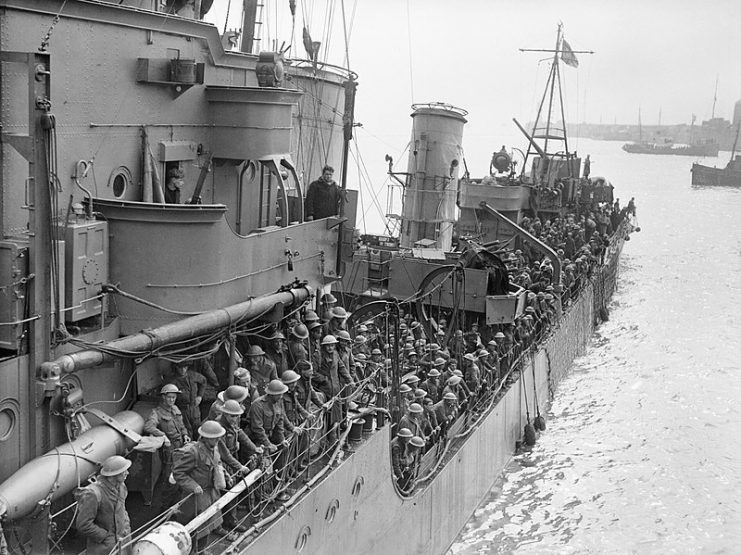
Read another story from us: Through German Eyes-The Aftermath of the Dunkirk Evacuations
The Dunkirk Evacuation called for a national day of prayer in the United Kingdom and inspired one of Prime Minister Winston Churchill’s greatest speeches, during which he famously said, “We shall fight them on the beaches, we shall fight on the landing grounds, we shall fight in the fields and in the streets, we shall fight in the hills. We shall never surrender!”
